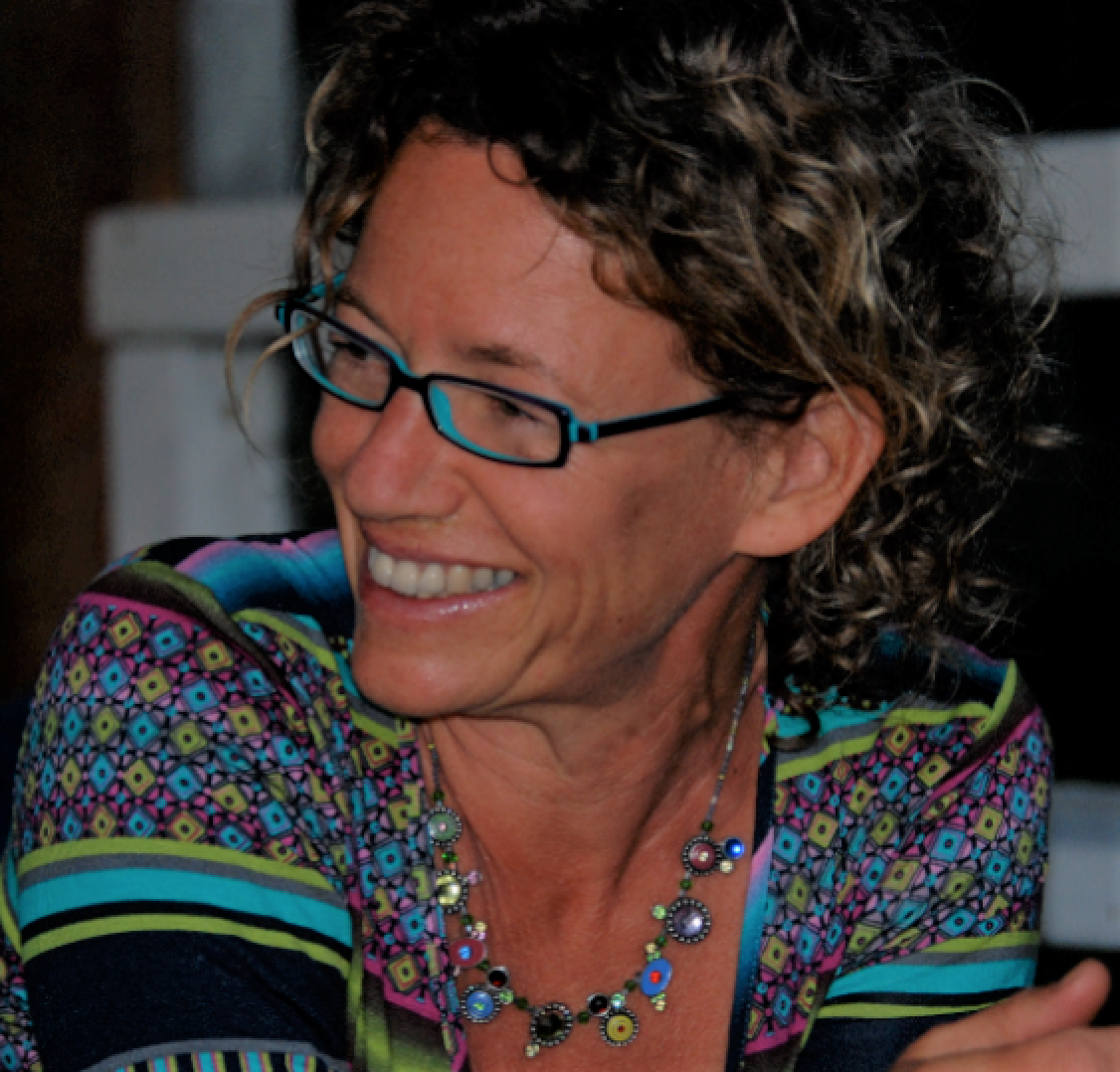
Dr. Helle Møller
- 2011 Doctor of Philosophy (Anthropology),
University of Alberta, Edmonton, Alberta, Canada - 2005 Master of Science (Anthropology),
Copenhagen University, Copenhagen, Denmark - 2002 Bachelor of Arts (Anthropology),
Lakehead University, Thunder Bay, Ontario, Canada - 2001 Bachelor of Science (Nursing),
Lakehead University, Thunder Bay, Ontario, Canada - 1989 Nursing graduate (3.5 year continuous programme),
Municipality of Copenhagen Nursing School, Glostrup, Denmark
I am Danish; grew up and lived part of my adult life in Denmark before I moved to Canada where I have lived and worked on and off since 1996. I am educated in Denmark and Canada as a nurse and an anthropologist. I have worked as a nurse in Denmark and Nunavut, as an anthropologist in Nunavut, Greenland, Denmark and Northern Ontario and I have taught in Nunavut, Ontario, and Greenland. I have also worked as a consultant for Nunavut Arctic College and for the Government of Nunavut.
In 2003 and 2004 I taught medical interpreters at Nunavut Arctic College in Iqaluit, Nunavut and between 2007-2011 I taught as a contract lecturer at the Faculty of Nursing and Health Research, at Ilisimatusarfik the University of Greenland, including the courses: The anthropology and sociology of health;The history of nursing and current situation; Nursing science; and Nursing law.
I started my career at Lakehead as in 2006 first as a contract lecturer in the Department of Anthropology and Northern Studies and since 2011 as an assistant and the associate professor in Health Sciences. Courses I have taught include: Socio-political issues in national and international health; Health, identity and colonization in the Canadian Arctic; Medical anthropology and From Shamanism to tele-health and back. Mostly these courses have been upper level undergraduate.
In the Department of Health Sciences :
- HESC 5210: Health Promotion/ Illness Prevention
- HESC 5710: Vulnerable Populations
- HESC 5215: Northern & Remote Health & Healthcare
- HESC 5013: Social and Ecological Determinants of Health
- HESC 5712/5713: Nature (in) Justice & Public Health
My research interests include the politics of health and health care, the determinants and disparities of health, social justice, Indigenous and Arctic health care, health education and the anthropology of health and of nursing.
Past Research
In the past I have examined the socio-cultural experience of tuberculosis in Nunavut; assessed the feasibility of self -sampling and Human Papillomavirus testing for cervical cancer prevention among First Nations women from Northwestern Ontario as part of a team through TBRRI, and examined what it means for Inuit nurses and nursing students in Nunavut and Greenland to be educated and practice in Southern languages and cultures.
Current Research
Equity in Access to quality maternal care and education
Employing a social justice perspective and collaborating with Thunder Bay District Health Unit and the Sioux lookout Meno Ya Win Health Centee this interdisciplinary, three-pronged (so far) project focuses on maternal health and well-being in North Western Ontario from the perspectives of recent mothers, maternal care-providers and maternal health stakeholders. Our ultimate goal is to help improve equity in access to quality maternal care, education, birthing, experiences, and outcomes.
All inclusive?: A Social Justice Perspective on Free Physical Activity Initiatives for Older Adults
Employing a social justice perspective, using quantitative and qualitative methods and collaborating with City Departments and community organizations this project explores the impacts of and barriers and facilitators to engaging in Free Physical Activity Initiatives such as free community walking opportunities, outdoor adult gym/playground, and research foci yet to begin; swimming, and TaiChi. The aim of the project is to inform future free initiatives in Thunder Bay such that they may be more accessible to seniors of all socioeconomic, ethnic and gender backgrounds across Thunder Bay.
Climate change: how does it affect us, and what do we do?
This research focus is fairly new and developing. Knowing that the anthropogenic changes to our climate define the future of our planet and everything on it, teams of interdisciplinary researchers explore:
a. How academics across the university perceive, research and teach about climate change and how they feel about and engage in climate change activism . b. How community members, living on the shores of Lake Superior, perceive and are affected by changes, caused by the changing climate, in their current and future environments.
Urban Inuit:
Acknowledging that the health of southern Inuit is a product of complex interactions between northern and southern communities, lifestyles, and families and that northern health disparities have received ample attention while the same is not true for those living outside of the Inuit homeland, this cross national and interdisciplinary project looks at the health and living conditions of urban Inuit in Canada and Denmark.
The goal of the project is ultimately to help ensure that Urban Inuit have access to the services, they need to prosper, at levels comparable to other urbanites.
Justice system involvement in the context of homelessness and housing insecurity among women: assessment of legal issues and program needs in Thunder Bay.
With a focus on Thunder Bay and NorthWestern Ontarion this collaborative project between Lakehead University (Drs. Helle Møller and Rebecca Schiff) and several community organizations and an advisory committee, lead by the Elizabeth Fry Society of Northwestern, this project accesses the extent to which housing insecurity and homelessness affect criminal justice system involvement among women, with particular consideration of Indigenuos women, identify housing social and legal support needs for housing insecure women involved with the criminal justice system and identfies evdence-based approaches/promsing practices/innovations for provding housing, social and legal support for women who are involved wiht the criminal justice system, which are applicable to the context of Northwestern Ontario.

